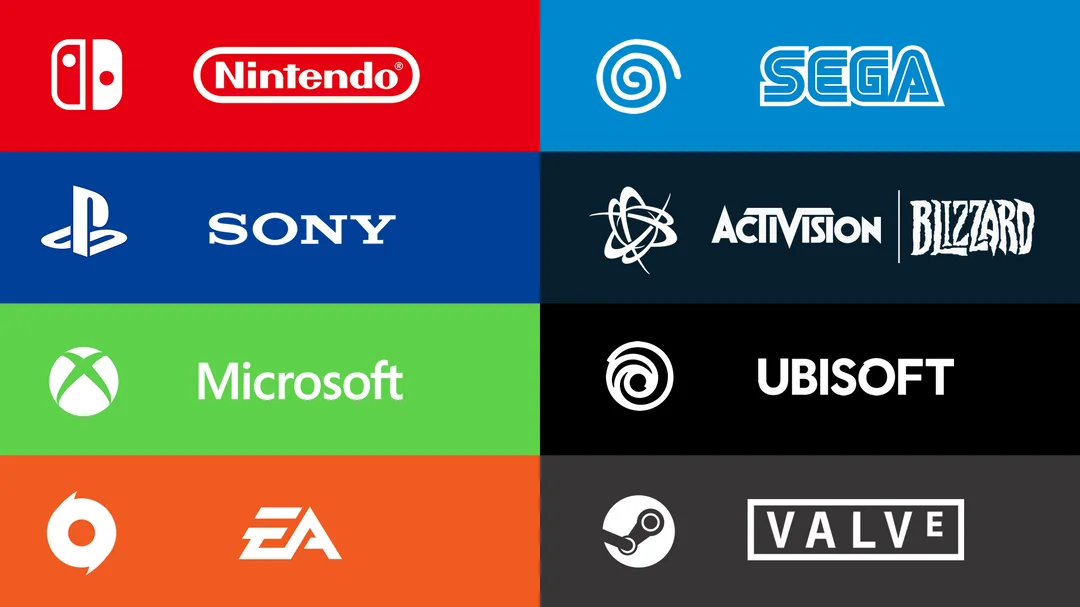Seven major gaming companies, including Epic Games, Electronic Arts, and Roblox, have been accused by the European Consumer Organisation (BEUC) of misleading consumers into spending money.
The BEUC filed a complaint today in collaboration with the European Commission and the European Network of Consumer Authorities, targeting additional companies such as Activision Blizzard, Mojang Studios, Supercell, and Ubisoft.
The complaint details how consumers are frequently “tricked” into overspending through deceptive tactics involving in-game currency.
The BEUC has recommended banning in-game and in-app paid currencies or restricting access to these systems for individuals under 18. It also calls for enhanced consumer protection by clarifying legal rights.
“The online world presents new challenges for consumer protection, and it should not be a domain where companies exploit loopholes to increase their profits,” stated BEUC Director General Agustin Reyna.
“Regulators need to act to ensure that even though the gaming world is virtual, it must still adhere to real-world regulations.”
Reyna emphasized, “Premium in-game currencies are deliberately designed to deceive customers and have a significant impact on children.

Companies are fully aware of the vulnerability of younger consumers and use manipulative tactics to encourage excessive spending.”
In response, Video Games Europe asserted that its members “always comply with European consumer laws” regarding in-game currency and purchases.
“Players can fully enjoy games without spending money, allowing them to try games without any initial cost or obligation,” the statement said.
“Video Games Europe and its members advocate for fair and transparent principles in the purchase of in-game content, including in-game currency.”
The statement also highlighted that the PEGI Code of Conduct mandates that developers make the real-world cost of in-game currency clear and straightforward at the point of purchase.
Gaming companies have faced similar complaints for years. For example, Electronic Arts has been criticized for its use of loot boxes in FIFA’s Ultimate Team mode, leading to a class action lawsuit in 2020 alleging violations of gambling laws.
In 2022, Epic Games was ordered to pay $520 million to settle charges from the US Federal Trade Commission for “tricking users into making unwanted charges,” in violation of children’s privacy laws.
